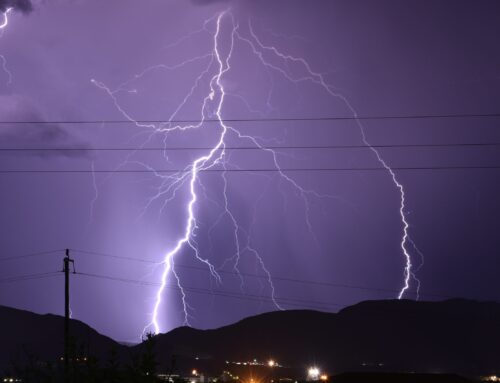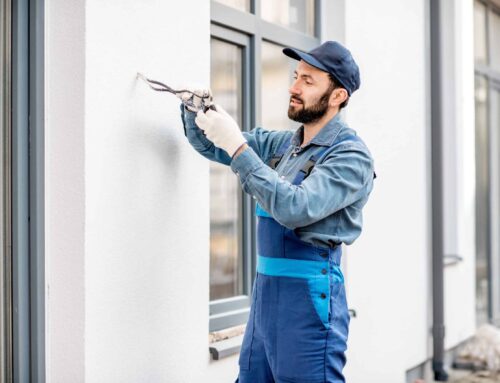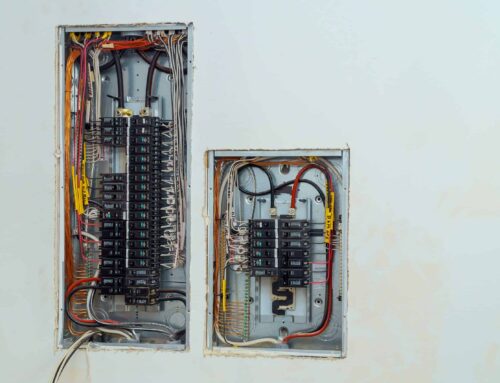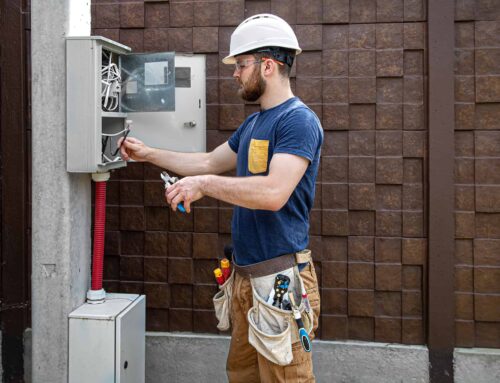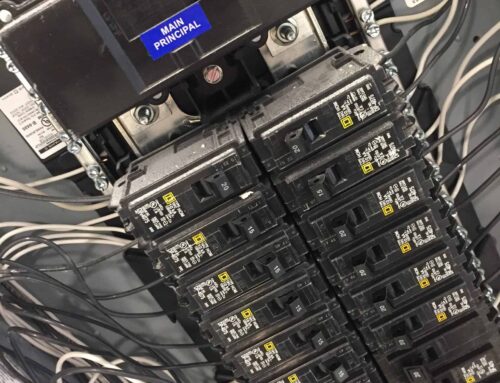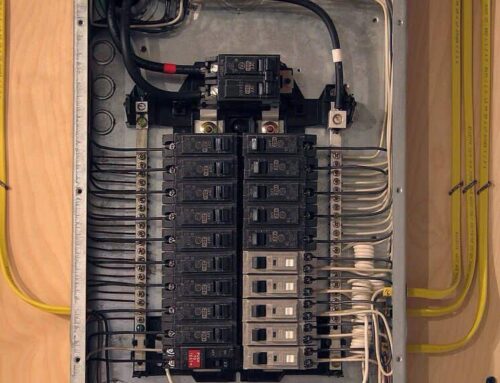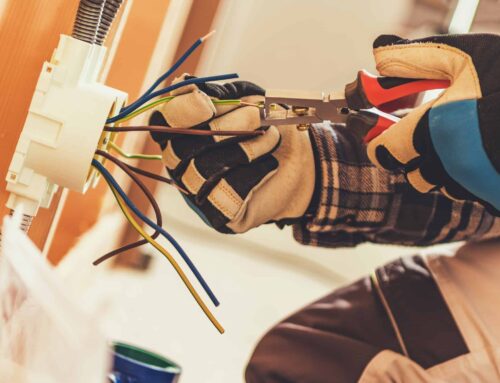There have been millions of Americans that have gone through the pain of power outages that had swept the nation in the last year or two. You might remember the trouble that Texas had with its grid that left some residents without power for three days or more at a time. News reports told us that these Texas power outages caused 15 – 20 deaths due to people being subjected to the sub-freezing conditions without power from the grid. Being exposed to temperatures this low is life-threatening. However, freezing temperature is not the only problem that can occur when we encounter bad weather. The improper use of power generators can also be extremely dangerous.
Since generators burn fuel to operate, they create carbon monoxide which is a poisonous gas. So, whether you’re using a generator to stop your pipes from freezing or provide lights during an outage, we have tips on how to properly use a power generator. We also have some tips on what to do about broken pipes or what to do about flooding if it happens to you. We will also provide information about preventing electrical fires and whole house surge protection.
Three Important Things That You Need To Know About Generators
- Here are some right ways to use generators.
- Always use a generator outdoors, not in an enclosed area. All the outlets on the generator need to be GFCI protected.
- If you intend to backfeed your generator into the home, bring in a certified electrician to do this correctly. Backfeeding a generator into the home can be very dangerous. Ask the electrician about having a transfer switch installed.
- Always use extension cords that are rated for outdoor use.
2. Here are some incorrect ways to use generators.
- Never backfeed the electrical service to your electric system without having the correct transfer switch correctly set up for this situation. While backfeeding your generator will provide power to your home, it will also provide power to your transformer and might put your neighbors or utility workers in danger of injury due to shock or electrocution. It is also possible to damage your appliances and the electronics in your home.
- Never use your generator in enclosed places, never use it in the garage.
- Do not place your generator where the exhaust would be near an air conditioning window unit. This is because those units can suck in the carbon monoxide and then put it into the house.
- Do not place your generator in the snow or a wet area. Furthermore, even though the outlets on a generator are GFCI protected, it is a good idea to keep all cords out of the snow and out of the water.
- If you’re going to use a generator, make sure you have carbon monoxide detectors in your house.
3. When you are running out to buy a new generator, what should you be aware of when making the purchase?
The first thing to do is understand the reasons that you need a generator and how you will be using it. What are the demands you going to be putting on the generator? Are you just going to use it for your refrigerator and a couple of small tools? Do you want to run your whole house with the generator?
To provide electricity to your whole house in case of a power failure, you should consider a standby generator. If you choose to install a whole house standby generator permanently on your property, it will have a transfer switch that will automatically engage when you lose power from the grid. These generators are designed to notice a power drop or total loss of power and when these situations occur, they will cause it to turn on automatically. These types of units use natural gas, propane, or diesel fuel to operate. Their size is rated between 20 kW – 100 KW depending on the size of your house. It will be necessary to bring in a licensed electrician when installing a whole-house standby generator. An electrician can also help you determine what size of generator will be sufficient for your home.
PowerMaster in Fuquay-Varina can come to your home and make sure you are safe and your system is sufficient for your home and is performing well. Get in touch with us to schedule an appointment for the installation of a standby generator for your home or the other electrical needs of your house.

